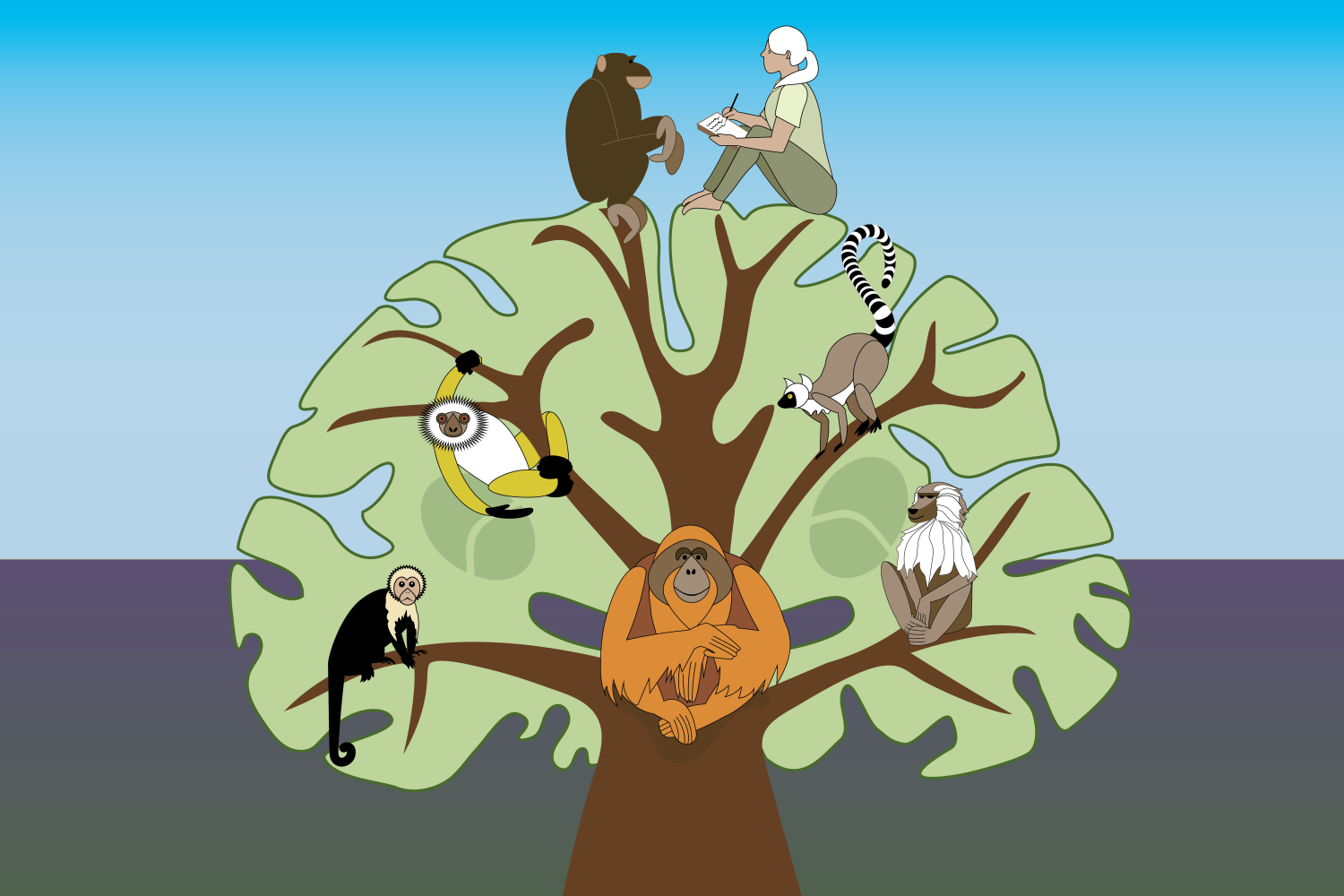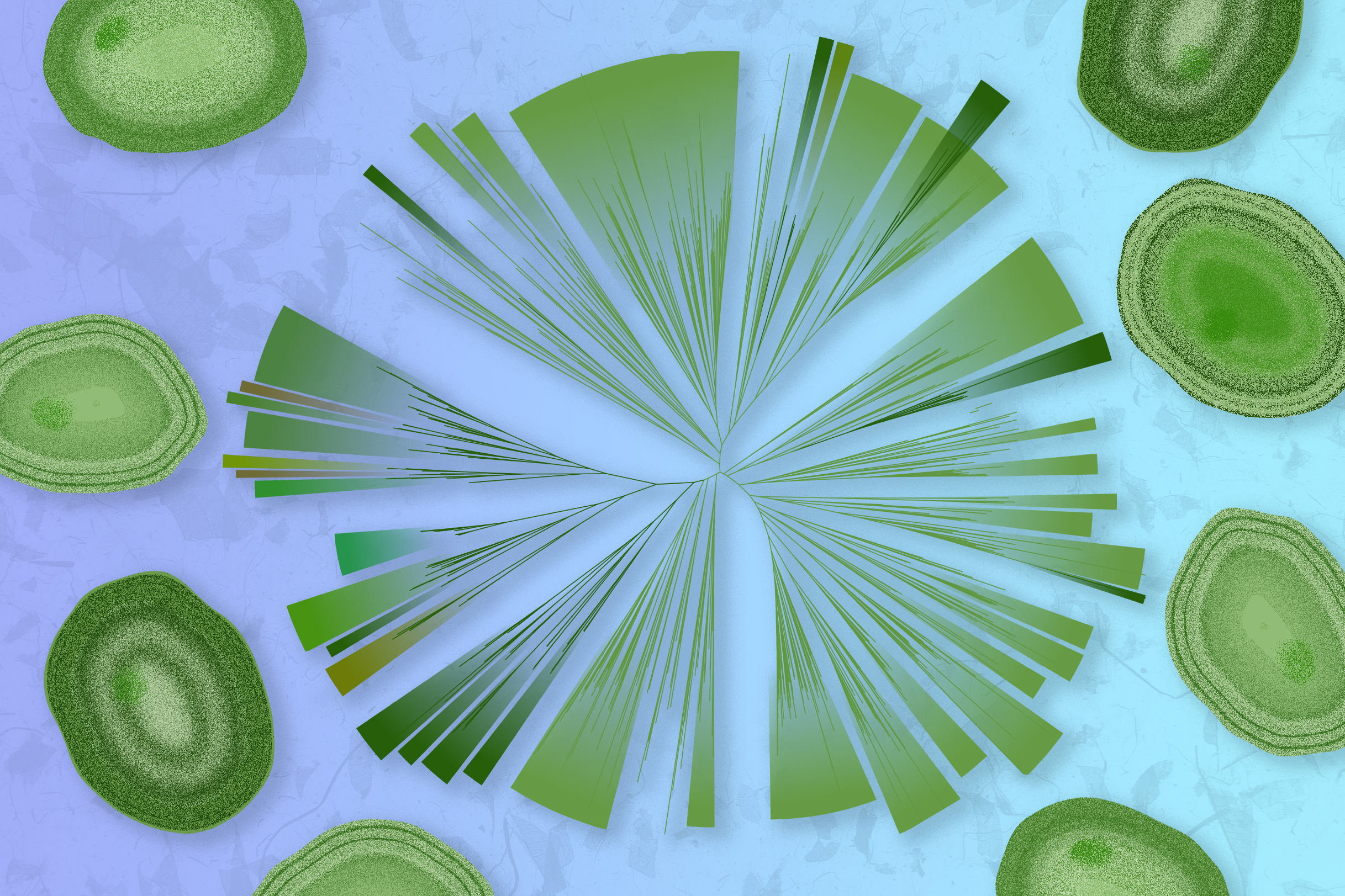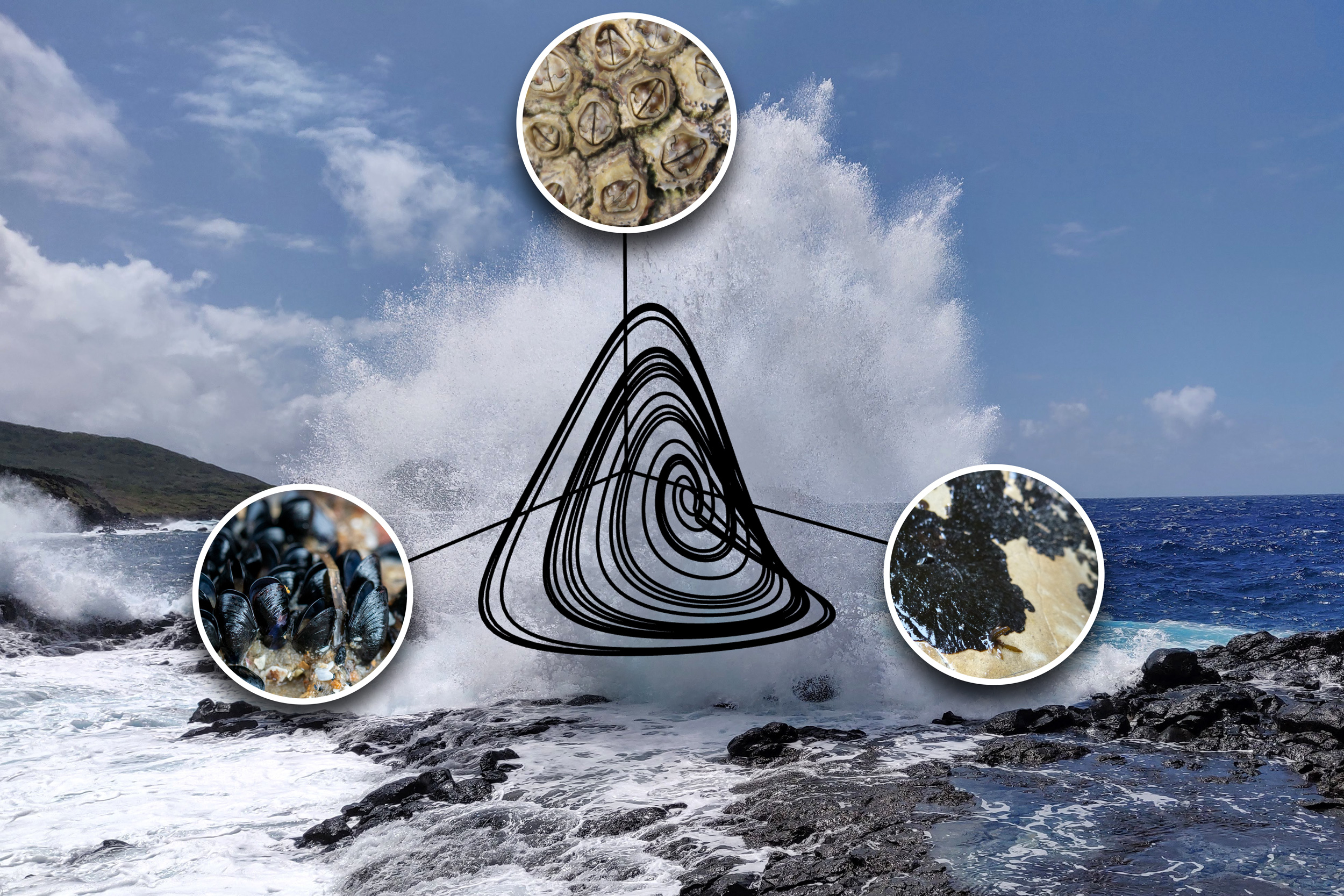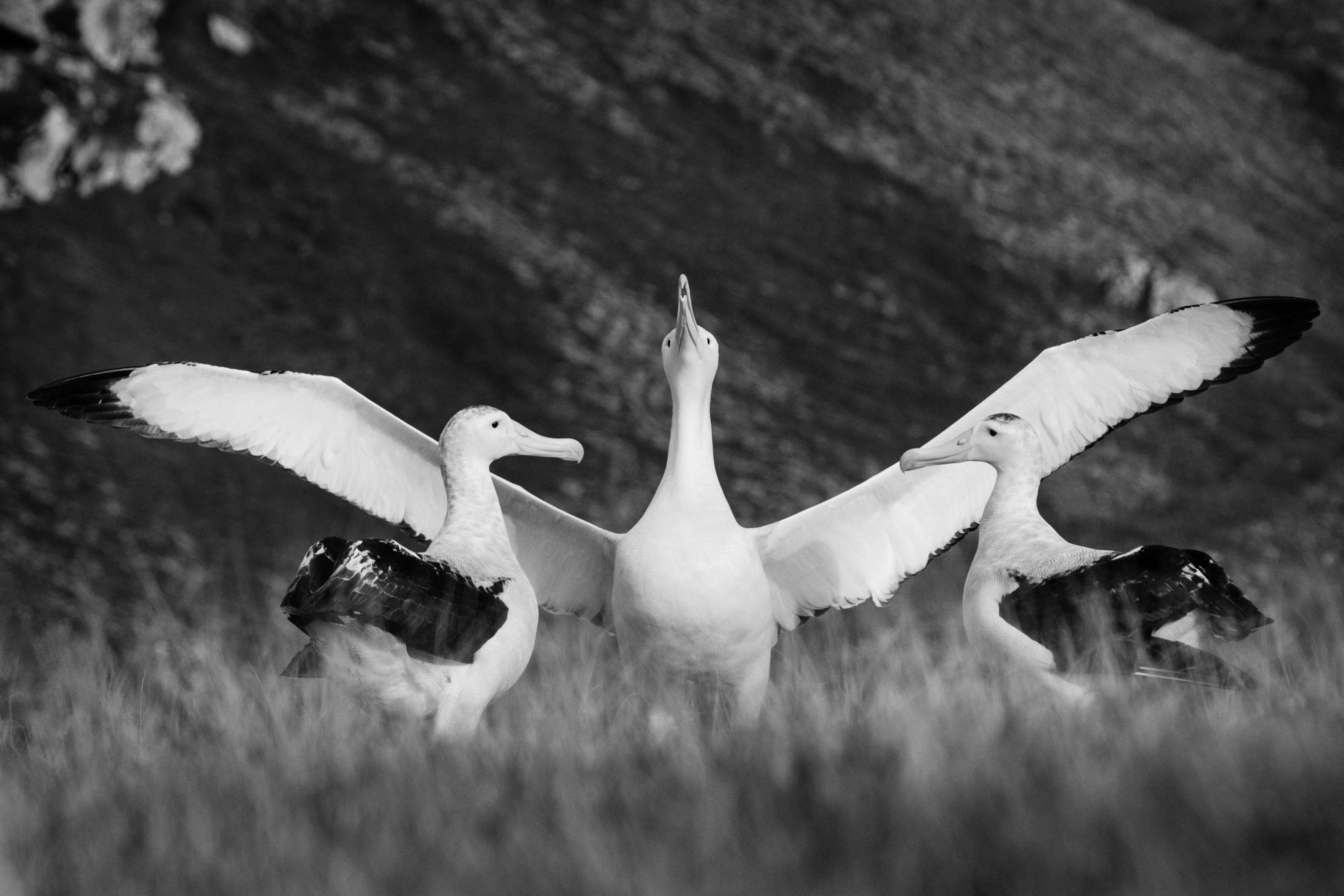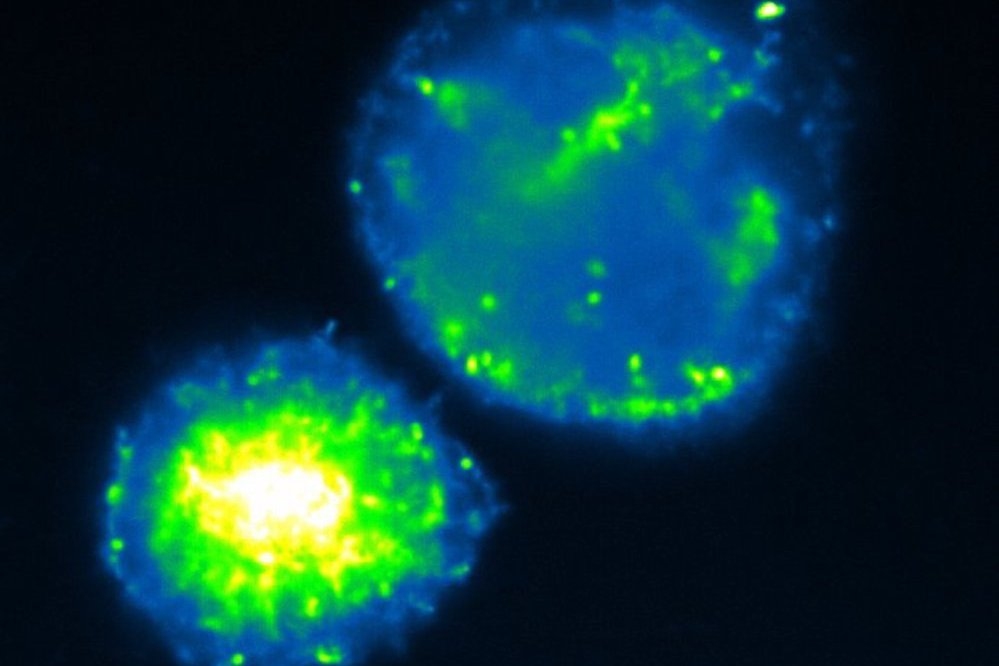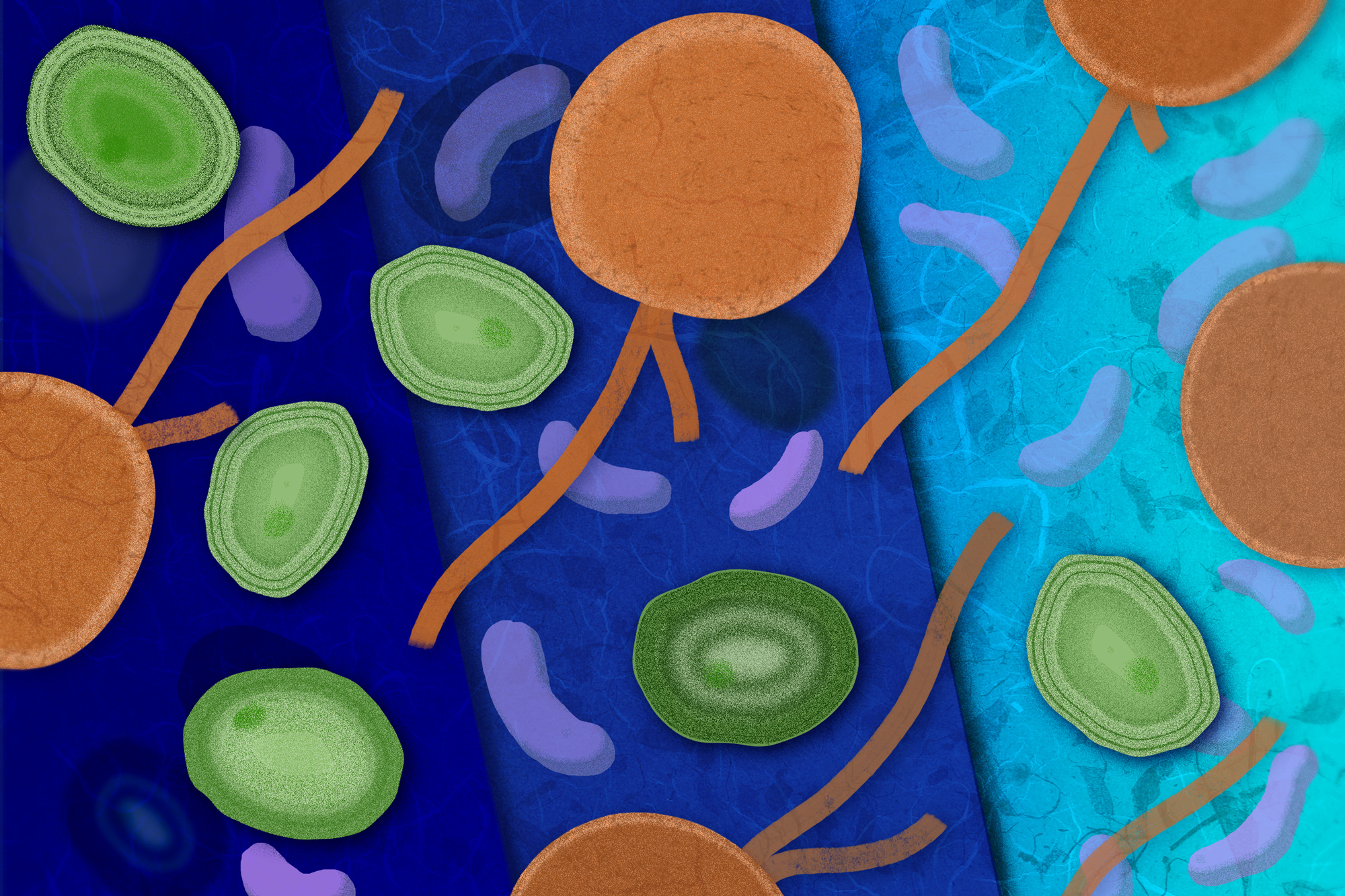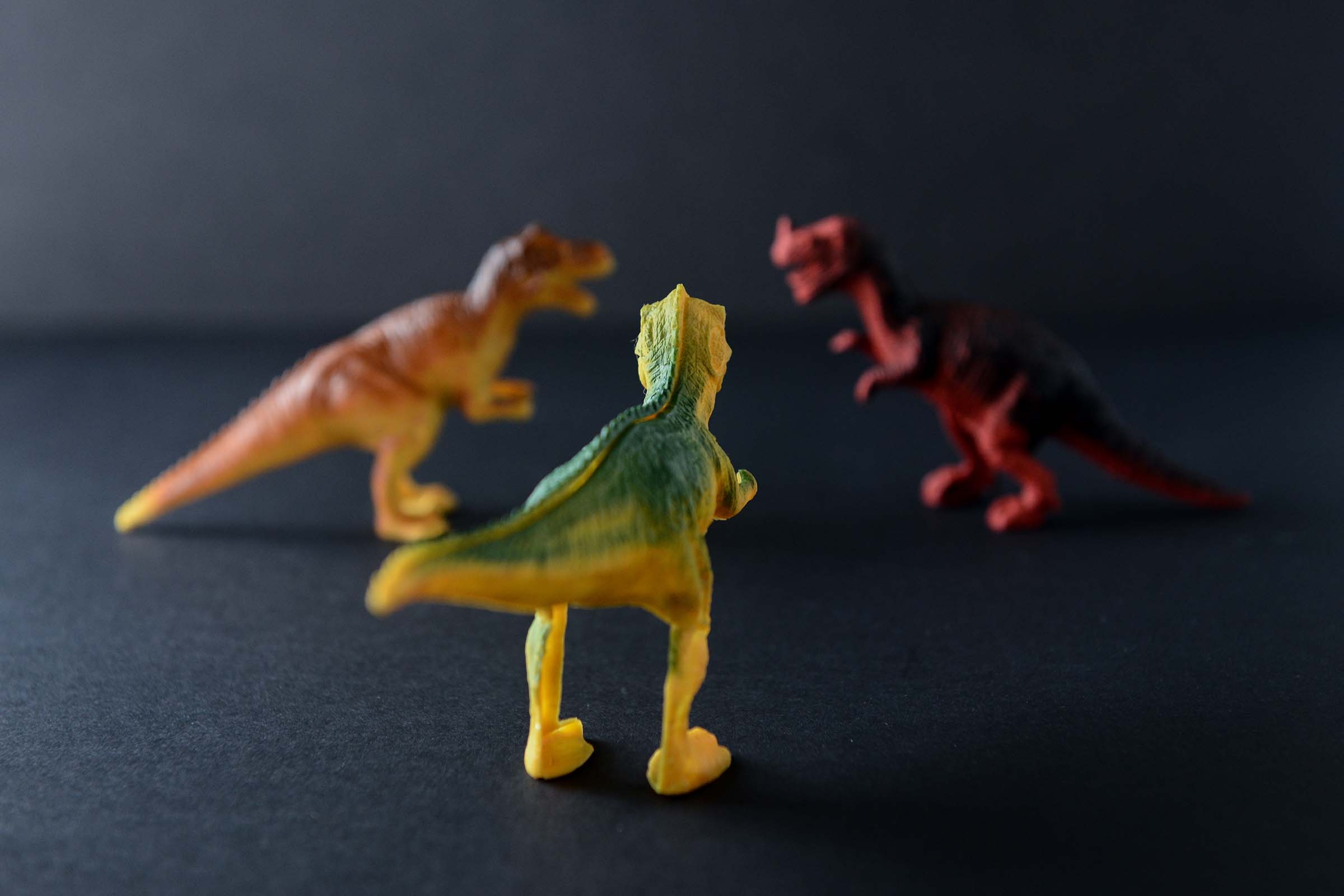Scientists discover a new way of sharing genetic information in a common ocean microbe
Prochlorococcus, the world’s most abundant photosynthetic organism, reveals a gene-transfer mechanism that may be key to its abundance and diversity.
David L. Chandler | MIT News Office •
mit
Jan. 5, 2023 • ~8 min
Jan. 5, 2023 • ~8 min
/
3

